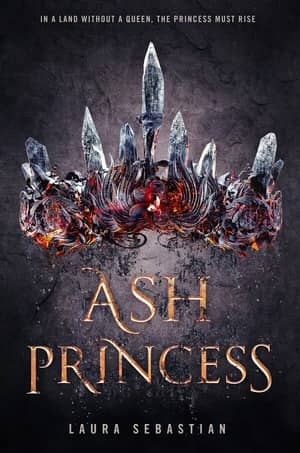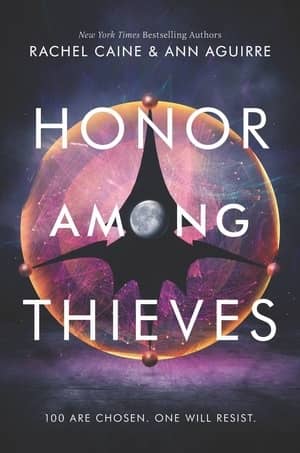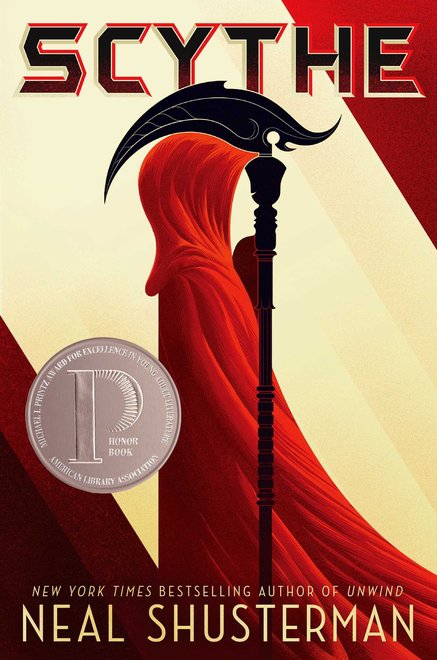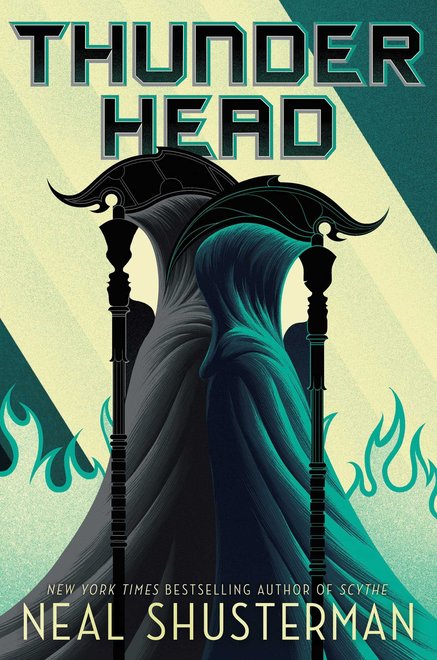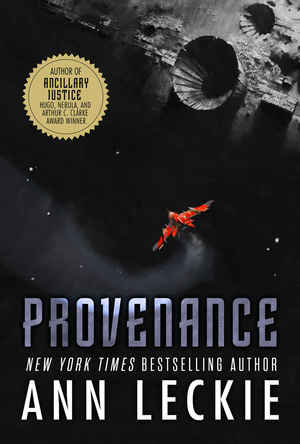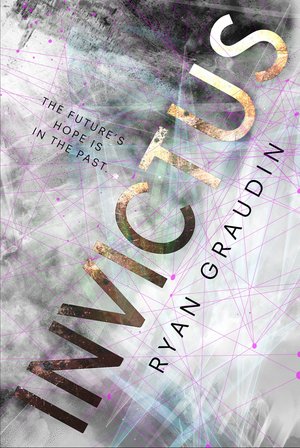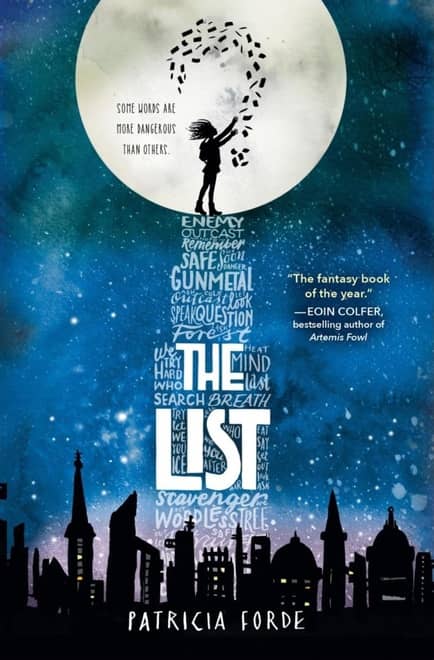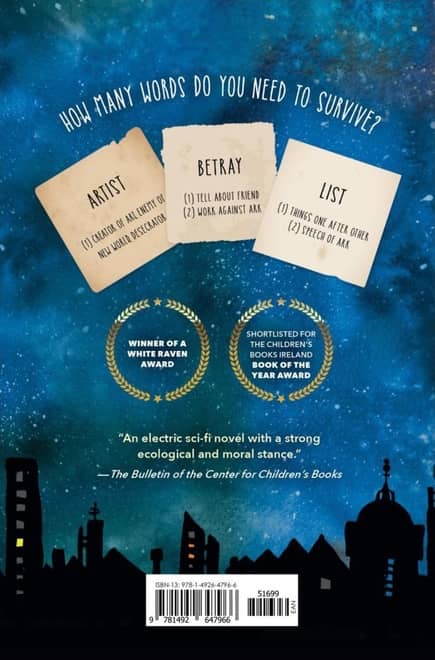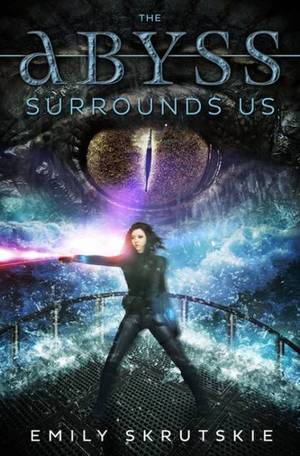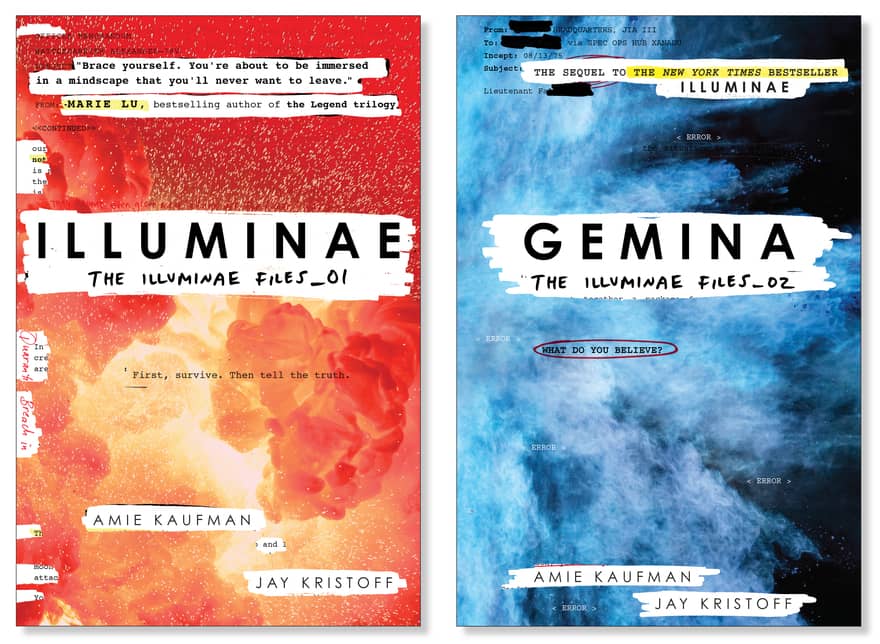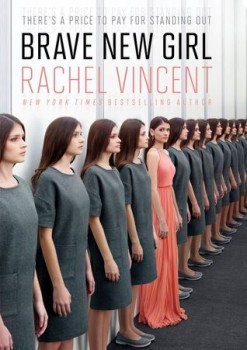A Modern Masterpiece: The Hazel Wood by Melissa Albert
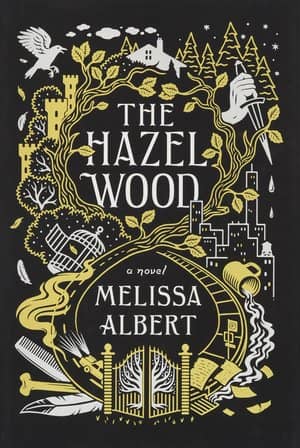 I usually need to read at least a third of a book before deciding to review it for Black Gate. While I always read the books I review all the way to the end, sometimes it takes that long to decide. But when I picked up Melissa Albert’s The Hazel Wood, I suspected I’d review it after only reading the first two paragraphs. I was sure of it once I’d hit page three.
I usually need to read at least a third of a book before deciding to review it for Black Gate. While I always read the books I review all the way to the end, sometimes it takes that long to decide. But when I picked up Melissa Albert’s The Hazel Wood, I suspected I’d review it after only reading the first two paragraphs. I was sure of it once I’d hit page three.
That’s got to be some kind of record.
Something’s strange about our protagonist, Alice Crewe. From a young age, she’s always been on the move. Her most dominant memory is the view of the blue sky out the sunroof. But according to her mother, their car doesn’t have one.
When she was three, Alice was abducted by a kind stranger who drove off with her in a blue Buick. Even though her mother swears she’s never seen the man before, we wonder if perhaps six-year-old Alice could be right, and he’s actually her father.
Throughout Alice’s childhood, dangerous people and peculiar occurrences dog Alice and her mother like persistent bad luck, so they lead a semi-nomadic existence, uprooting themselves whenever something uncanny gets too close. Until one day, when Alice’s mother receives a letter informing her of her mother’s death. “This isn’t… forgive me, but this isn’t a bad thing. It’s not,” she insists. “It means we’re free.”
Alice’s grandmother’s death means that, for once, they can stop moving. The bad luck’s gone. When their home is subsequently broken into, it’s not a resurgence of the curse. It’s just New York City being, you know, New York City.
Or so teenage Alice thinks, until the day she’s working at a coffee shop and realizes that one of her customers is the man who kidnapped her when she was six. He’s sitting at a table reading Tales from the Hinterland, the collection of dark fairy tales written by Alice’s grandmother that’s so rare, Alice has never been able to read it. When he sees that she’s noticed him, he exits in a hurry, taking the book with him but leaving behind a bone, a feather, and a red plastic comb. For the first time, Alice wonders whether her grandmother’s disturbing fairy tales might not be fiction.
Maybe they’re real.
